detail profile chang feng
Peran Yang Di Mainkan Chang Feng
 Angelo Mao Judy Lee and Barry...
Angelo Mao Judy Lee and Barry...Swift Shaolin Boxer 1978
Angelo Mao, Judy Lee and Barry Chen star in this tale of murder, intrigue and betrayal. When two separate imperial agents stay in the same room at different times are both offed, foul play is afoot. After passing his five challenges required to qualify for the mission, Agent Ho Kun is dispatched to the town where the murders took place, to stay in the aforementioned room and complete the mission bestowed upon his ill fated colleagues. Upon discovering that some of the local contacts are employed by the antagonist of this tale, things start to get complicated.
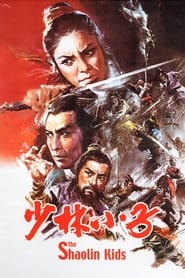 Lui is a powerful exminister who...
Lui is a powerful exminister who...The Shaolin Kids 1975
Lui is a powerful ex-minister who opposes the ambitious premier Hu Wei Yen. Lui is assassinated, so his daughter Lui Sin and an assorted band of people loyal to the emperor seeks revenge and justice. The premier made a mistake - he allowed a scroll of battle orders to fall into loyalist hands. Lui and Co learn this, and vow to take this proof of treason to the emperor.
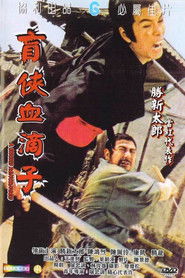 Also known as The Blind Swordsmans...
Also known as The Blind Swordsmans...A Sword Renounced 1973
Also known as The Blind Swordsman's Revenge, this is Zatoichi Versus The Flying Guillotine (1972). Zatoichi is "born Wu Ching Hui, he was kidnapped by pirates as a youth and taken to Japan, where he learned his cane sword skills. He appears to be widely known in China by his Japanese name, but as the film opens he is just returning to China to look up his long-lost brother, Tieh Hou. To his dismay, he learns that the brother has been killed in a sword duel with one Chu Yen Jieh. The grief-stricken prodigal blubbers in mourning and vows revenge."
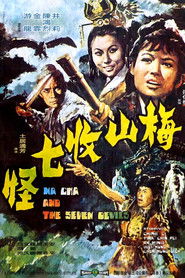 This film tells that Na Cha...
This film tells that Na Cha...Na Cha and the Seven Devils 1973
This film tells that Na Cha stole a fairy peach, but accidentally fell off the other seven new knots. Refined. The lower realms of the three brothers of Na Cha defeated the monsters, and then the fairy attracted the seven monsters of the Meishan Monsters who obstructed the Western Zhou army when they helped Zhou Futu.
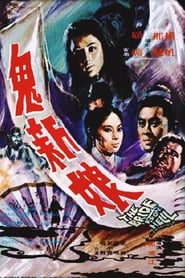 Yunpeng and his servant stay at...
Yunpeng and his servant stay at...The Bride from Hell 1972
Yunpeng and his servant stay at a country inn one dark evening to escape potential robbers and ghosts. But Yunpeng chances into something far more dangerous! He accidentally happens upon the comely Anu naked in bed, and to make up for his rudeness he has to marry her. Because of her beauty, the request is not too difficult to fulfill...until she is introduced to his aunts and uncles, who notice her ghastly green glow and deduce that she's a spirit from the netherworld. But there's something even darker about her appearance, and it may be revenge on his in-laws.
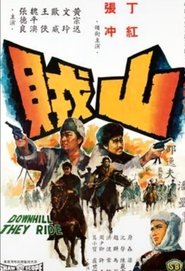 Northeastern China is infested with bandits...
Northeastern China is infested with bandits...Downhill They Ride 1966
Northeastern China is infested with bandits. Hsiao Kai (Paul Chang Chung), a wandering knight, captures a white horse from thieves. His skilful handling of the horse earns his admiration of fellow traveler Chu Ching Hsu (Wong Chung Shun). They arrive at Lo Lung Kow, where the villagers hunt for a living and are constantly terrorized by bandits. Grocer Ting Tze Pao (Ngai Ping Ngo) returns from his negotiations with the bandits with bad news. They intend to collect furs from the villagers at a fixed price. Village leader Mu (Yuen Sam and his daughter Tsui Ying (Pat ting Hung) run a tavern. She wonders how the white horse belonging to a Sinkiang youth named Sha Yi Ti (Man Ling) is now in the possession of Hsiao Kai.
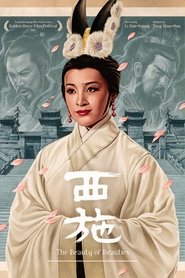 Hsi Shih The Beauty of Beauties...
Hsi Shih The Beauty of Beauties...Beauty of Beauties 1965
Hsi Shih: The Beauty of Beauties was one of the most ambitious films made in the Taiwan film industry in the 1960s. After leaving The Shaw Brothers studio in Hong Kong and moving to Taiwan, filmmaker Li Han-hsiang mounted this historical epic. Told through the story of Xishi (Hsi Shih), one of the 'Four Great Beauties' of Chinese history, the film portrays the war between two Chinese Kingdoms during the Warring States Period (475-221 B.C). After the kingdom of Yue is defeated by the kingdom of Wu, King Goujian of Yue takes pains to prepare for his revenge and rebuild his country. Knowing that King Fucha of Wu is lewd and lustful, he offers Xisi to the court of Wu to serve as Fucha’s concubine, with Fucha unaware that she is also a spy. She uses her charm to draw Fucha away from his office and governance, while King Goujian rallies his forces together to attempt to reclaim his lands.
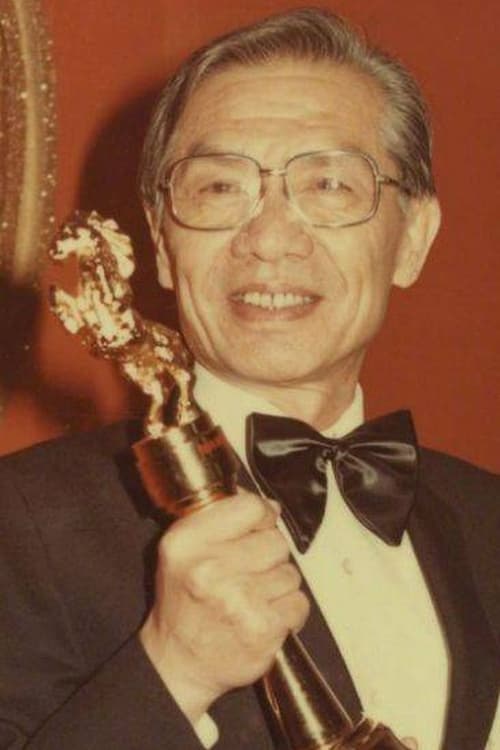
 Taiwan Comedy directed by Kevin Chu...
Taiwan Comedy directed by Kevin Chu...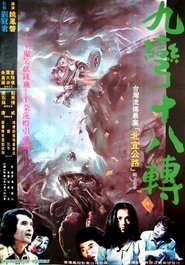 A car accident on a curvy...
A car accident on a curvy...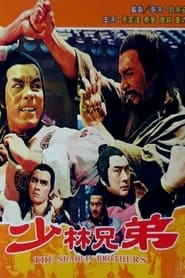 Complicated mix of Chinese history and...
Complicated mix of Chinese history and...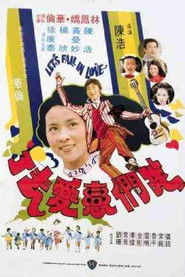 Shaw production
Shaw production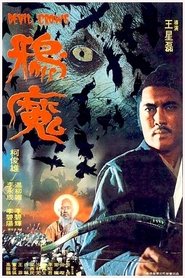 Chinese folklore has it that during...
Chinese folklore has it that during...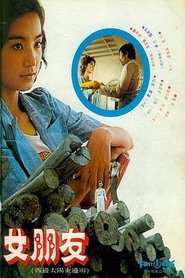 An early Brigitte Lin Romance
An early Brigitte Lin Romance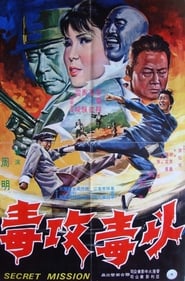 Intrigue involving corrupt warlords and rebel...
Intrigue involving corrupt warlords and rebel...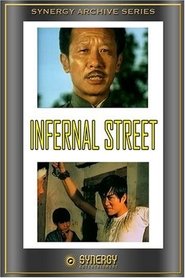 A Chinese doctors assistant fights the...
A Chinese doctors assistant fights the... A recently jailed martial arts master...
A recently jailed martial arts master... Taiwanese horror movie from 1970
Taiwanese horror movie from 1970